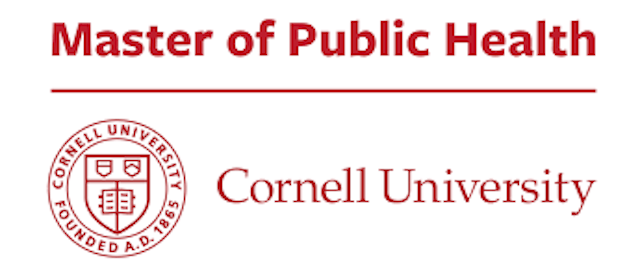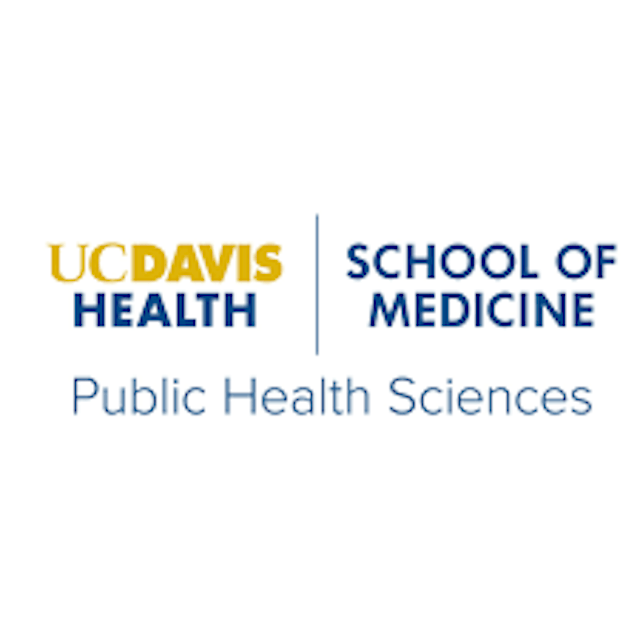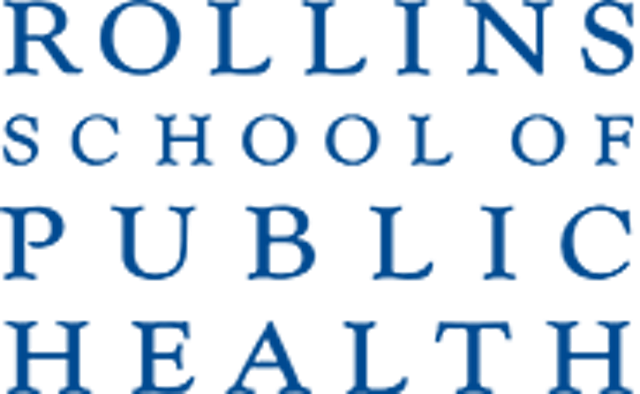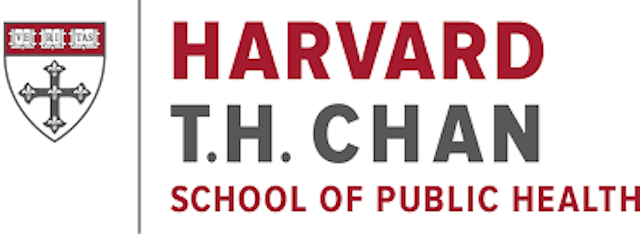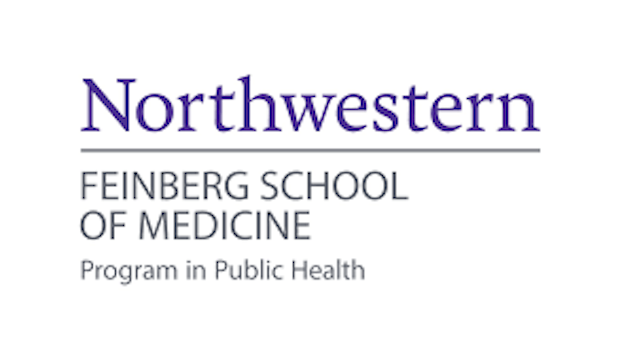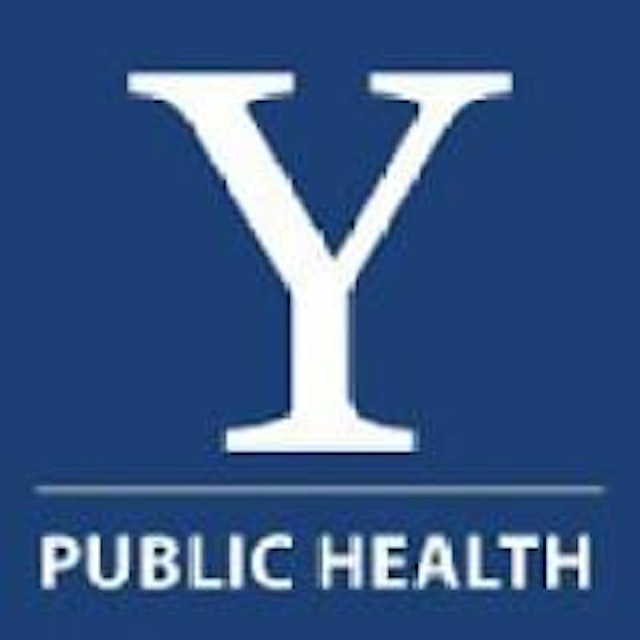Graduate degree programs, specifically Masters of Public Health, have become (for better or for worse) commonplace to have for a specific caliber of roles one might apply to, and in the world of public health often are a requirement that many tip-toe around. The vast offerings of programs portray just how vibrant of a landscape the public health space continues to become, with varying reasons and contributing factors for which natured program might be right for you (i.e. school or program, full-time or part-time, general concentration, or specific/targeted concentration).
Of the many choices, there is one that seemingly is a gateway decision into the rest: that of whether or not you seek out options that are solely an accelerated one-year program or if you choose the 2 to 3-year options that previously have been more common. If that decision is one that you are likely in need of consideration, we are happily here to help!
So, why a one-year public health program instead of a longer one?
Here, we hope to provide a paradigm to help navigate this decision and go deeper into what makes an accelerated MPH appealing. As confident as we are in our assessment and with the evidence we provide to help make your decision, we must still provide a disclaimer to remind you that this is a significantly weighted choice, and it is one that at the end of the day revolves around what you feel is most beneficial for your public health career trajectory and current place in life.





